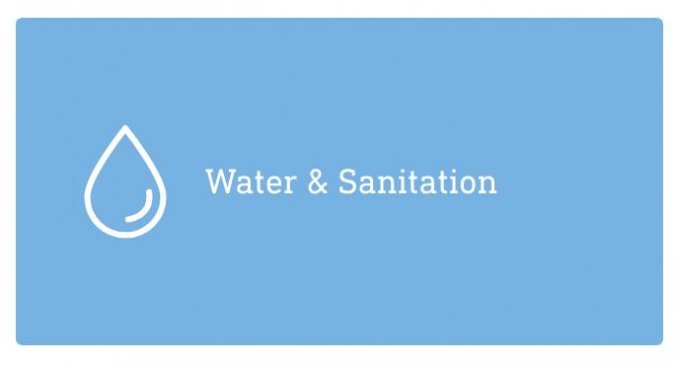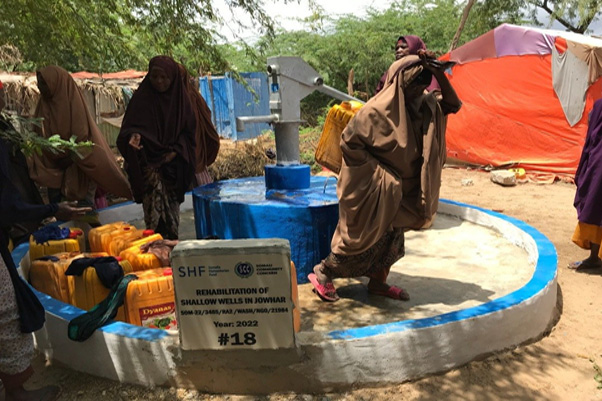WASH

For kids and their families to lead healthy, prosperous lives, water, sanitation, and hygiene (WASH) are crucial. WASH is essential for a child's wellbeing and is at the heart of their health and development.
We put a lot of effort into providing communities, schools, and healthcare facilities with clean water, respectable sanitation, and efficient hygiene procedures.
The time required to collect water is decreased by clean and safe water sources. Children may now go to school, and parents—especially mothers—have more time to make money for their families.
Children and families are kept healthy by having access to private, secure restrooms and soap-and-water handwashing stations.
WASH services at school mean that children can stay healthy and focused on learning. And healthcare facilities equipped with WASH services mean a higher quality of care for patients, including mothers and their newborn babies.
Our wash, sanitation, and hygiene (WASH) programme comprises of a series of integrated interventions meant to increase the availability and accessibility of safe portable water through rehabilitation, borehole well drilling, and hand dug wells.
These programs have long-term effects on marginalized and vulnerable populations, resulting in sustainable positive transformation, including improved sanitation facilities for primary school education and diversification of livelihood.
Over 15 emergency WASH Projects have been implemented by SCC in collaboration with UNICEF and SHF Somalia for IDPs and underprivileged hosting communities in the Lower Shabelle, Middle Shabele, and Banadir region, benefiting 256,893 (115,602 women and children) people. By constructing latrines, repairing wells, and instructing locals on the value of hand washing and clean drinking water, our workers are relentlessly working to increase community access to clean water, safe sanitation, and healthy hygiene.
The WASH programs primarily focus on places that have limited or no access to clean drinking water and are vulnerable to water-borne illnesses.

A woman fetching water from a shallow well built by SCC in Jowhar
KEY ACTIVITIES
- Rehabilitation/construction of borehole and shallow wells
- Construction of gender segregated latrines
- Capacity building for hygiene promoters
- Establishment of water management committees.
- Participating in WASH-related processes and having access to information, knowledge and tools – including monitoring – to hold service providers and local authorities accountable;
- Training of volunteers, birth attendants, and Community Health Workers (CHWs) on hygiene promotion, and safe practices.
IMPACT
256,893 lives
